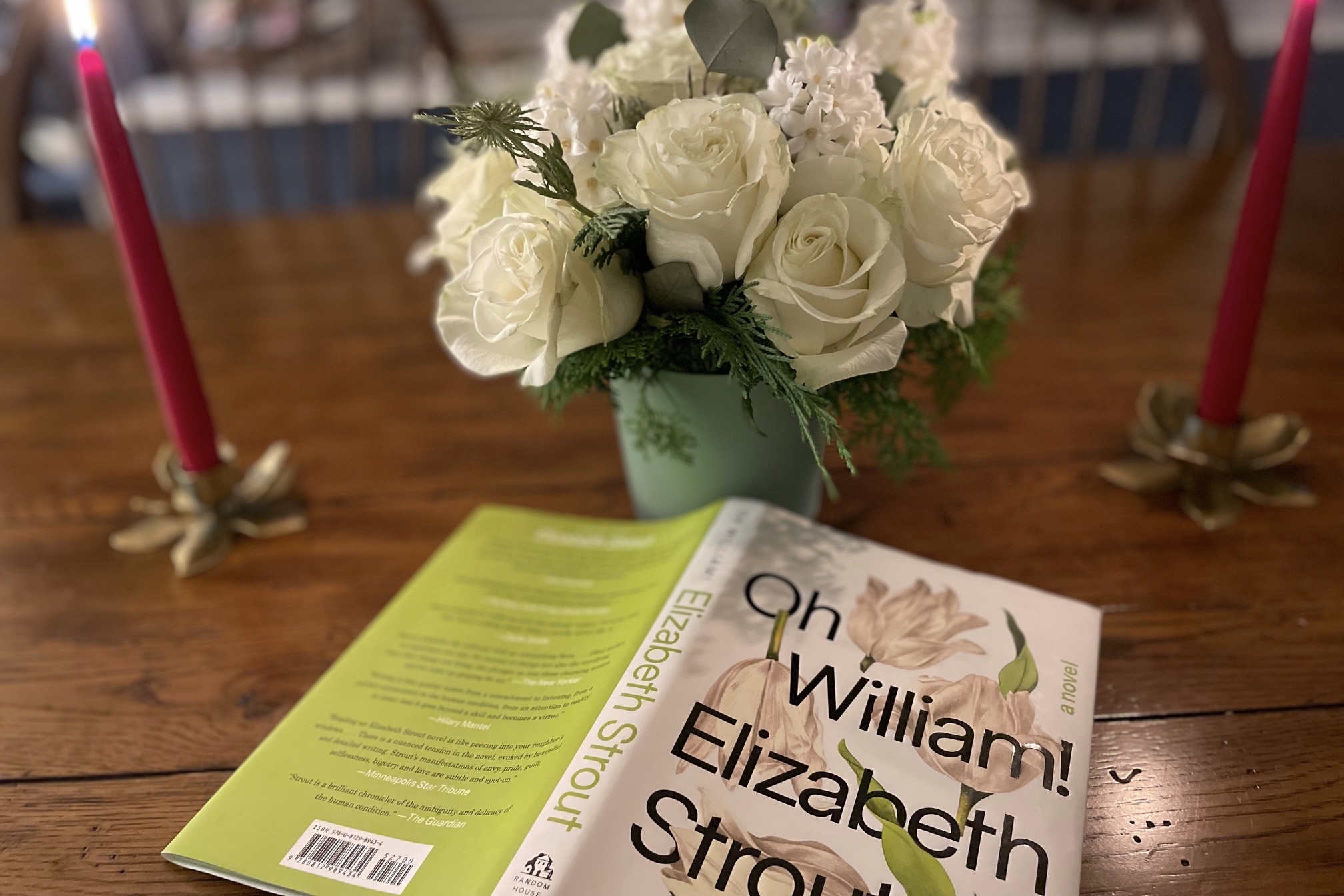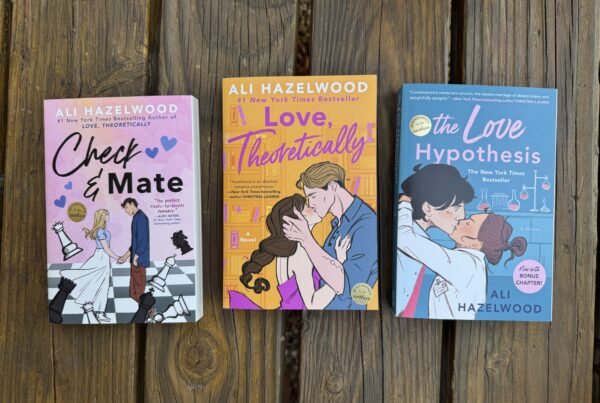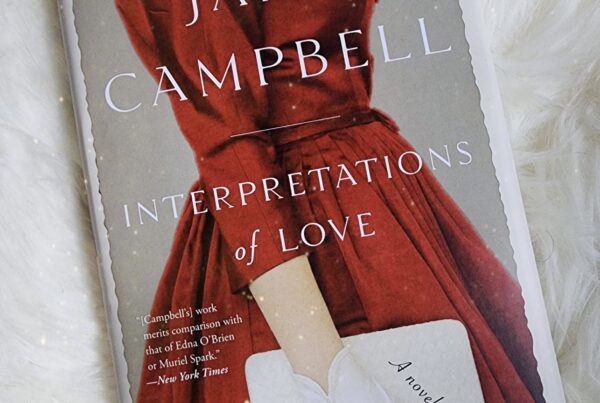Oh, William!
Oh, Lucy!
Oh, Elizabeth! You’ve done it again. You brought me back into the interior landscape of Lucy Barton’s brain, and it was so good to be there again, and also, if I’m being honest, kind of hard.
What I mean to say is this:
Lucy makes me laugh! She is ridiculous and smart. Withholding and sad. Talented. Traumatized.
I had forgotten that she grew up in a destitute, abusive home in the Midwest, a place so terrifying that she can’t write about it, not really.
Since your last book about Lucy, Anything is Possible, I forgot about her pretty much completely. But in fairness to myself, she seems/you seem to always want me to do that – to forget about her.
In Oh, William!, Lucy says that she feels like an invisible person, and in some ways, she is – or a better way to describe her is that she is like a person on the other end of the phone. Reading her books feels like talking to her.
I mean you. I guess I don’t know. When a book is written so deftly in the first person, and that first person is a writer named Lucy Barton, who is a fictional character in a book by Elizabeth Strout, it’s just like that.
The William of Oh, William! is William is Lucy’s ex-husband and the father of her children. Lucy is now much older than she was when I first met her recovering in a hospital in My Name is Lucy Barton. Lucy lives alone and so does William after his newest wife leaves him.
For reasons that escape both William and Lucy, in his grief he wants to spend time with his joyful (she kisses tulips) and tragic (she calls out to a made-up mommy when she is sad) ex-wife, whom he affectionately calls “Button.” And she’s there for him in the way that only Lucy can be – to talk and to listen, and even to travel with him as he tries to discover more about his heritage as the son of a German POW and an already married woman. But really, she is not there for him – or for anyone. Lucy is a chimera; Lucy is a bay that fills and empties by the logic of its own tides.
I know that I am writing about Lucy as if she is a real person. In her absence-presence, to me she kind of is.
Let me explain: Once I heard Elizabeth Strout do a reading – I think it was of her award-winning Olive Kitteredge. I can still remember the feeling of being in her audience – she was completely speaking to me and, at the same time, not speaking to me at all. For reasons having nothing to do with me, I was important to her – as a member of the audience, as a witness to her magic, as a consumer of her fictions.
That’s a lot of how I feel about Lucy – I feel like she needs me, and because she asks for nothing from me, I feel good about being there for her.
It’s weird, I know. But to me, this third book in the Lucy Barton series is like a quiet child who inches toward you on the couch, only stopping once she has somehow crawled into your lap and gotten your arms around her.
But don’t hold too fast – she won’t like that at all. Don’t even say anything about it. Just sit with her. It won’t be long before she starts talking, delighting you with her unapologetic weirdness, wisdom, and honesty.




